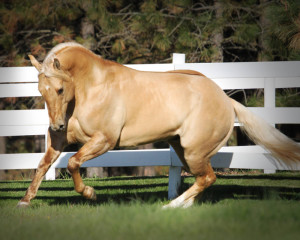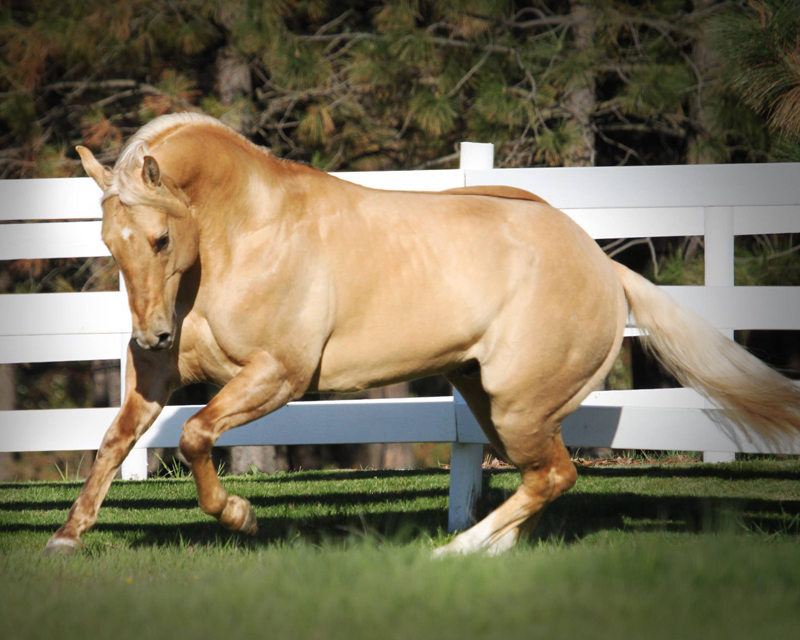What You Need to Know About Joining a Syndicate
by John Alan Cohan, Attorney at Law

Horse syndication is a way of getting involved in racing, breeding or competing on a much higher level than individual ownership. The tax court has recognized that horse racing or breeding is a highly speculative venture, but that “an opportunity to earn a substantial ultimate profit in a highly speculative venture is ordinarily sufficient to indicate that the activity is engaged in for profit even though losses or only occasional small profits are actually generated.” The possibility of just one successful racehorse or breeding champion could require purchasing a highly expensive animal or group of animals. Sometimes a syndicate is formed to pool resources and minimize the risks. For the owner/manager, it provides funds with which to purchase a horse that otherwise might be unaffordable.
For many years, fractional ownership has been a means of buying into horse racing and breeding opportunities. This approach was particularly popular in the 1980’s and ‘90s when horse prices were steadily rising and more people wanted to join in earning profits. There are several kinds of syndicates, but in principle the people who buy into the deal become co-owners of fractional interests in the racehorse, show horse or stallion, as the case may be.
Horse Racing Syndicates
A racing syndicate may take one of several forms. Typically, a specific racehorse is involved and the manager is usually the owner of the horse. The syndicate members have decision making powers, such as deciding when the horse will commence its racing career, be gelded, retire for breeding or stud duties, or whether to change the trainer or to sell the horse. Purses are distributed to members on a monthly basis according to how many shares they own. In addition to the price of shares, members may be required to pay a monthly maintenance fee. Upon termination of the syndicate, the manager is to divide the proceeds among the members proportionately. If a horse is not a successful performer or is injured, each member’s loss is limited to a fraction of the purchase price.

Breeding Horse Syndicates
On the breeding side, stallion syndications are a viable means of buying into a “super stallion” and spreading the costs of ownership among a group of investors. With a breeding syndicate a stallion, whether a retired racehorse or show stallion, may be transferred into a syndicate and syndicate members (co-owners) are entitled to one free nomination per season. Members may choose to sell their annual nominations, and eventually a share in profits should the horse be sold. The entrepreneur who establishes the venture manages these syndicates. Each party is entitled to separately report tax deductions for costs and depreciation.
Agreements, Risks and Benefits
A syndicate agreement will state whether the horse is or is not insured. Members may obtain mortality insurance, however, on their individual fractional interests. The legal structure of the syndicate is usually a partnership, tenancy in common, or LLC entity. Syndicates entitle people who are new to the horse industry to gradually get started in an activity that could end up to be very rewarding, with a minimal outlay of cash. Some syndicates have a set time frame, such as a year, in which the horse will be raced, purse money distributed and the horse sold at the end of the period. This enables investors to minimize risks, get earnings sooner rather than later and often may involve a relatively modest investment depending on the fair market value of the horse.
It is always important to know the qualifications of the syndicate manager, and to check out the pedigree and record of the individual horse or horses involved. Syndicate agreements are usually fairly straightforward documents, but an attorney should always review them. Tax benefits may vary, depending on the type of agreement. For example, some racing syndicates are structured as limited partnerships, which may have a different allocation of tax benefits than a typical breeding syndicate. Generally, the co-owners may realize tax deductions for depreciation of their fractional interests and for maintenance fees.
Published in January 2016 Issue
John Alan Cohan is an attorney who serves the horse, livestock and farming industries. He can be reached at: (310) 278-0203, or email at [email protected]. His website is JohnAlanCohan.com.





